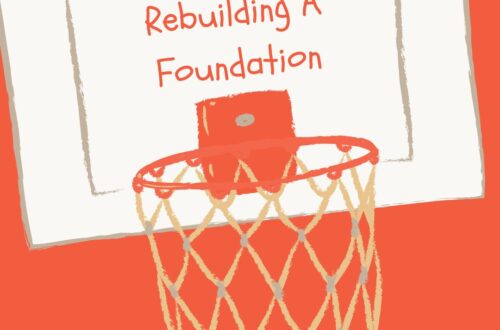
Coaching Behaviors and Student Athletes
By: Ashton Macedonio
The role of a coach in the life of a student athlete cannot be overstated. Coaches serve as role models, leaders, and mentors to their student athletes and can have a significant impact on how they perform and how they shape their future. Coaches must be mindful of how their behaviors can shape the attitudes and actions of student athletes, and it’s important for coaches to be aware of the consequences that their actions can have on the athletes in their care.
One of the most influential aspects of a coach’s behaviors is the level of support and encouragement they show to their players. When coaches provide a positive environment that focuses on building up their athletes, they provide much-needed motivation to help student athletes reach their goals. However, if coaches are critical or dismissive in their attitudes, it can have a negative effect on players’ attitudes and can lead to decreased performance.
“I’ve had coaches single me out when watching film and only focus on the negatives in my game. That brings down your confidence the next time you’re out on the court or field,” said senior Ethan Keller.
Similarly, coaches have a unique opportunity to foster an environment of trust and respect among their players. By creating a culture of communication, open dialogue, and understanding, players know that their coach is invested in them on and off the field. Furthermore, coaches demonstrate respect by allowing players to take ownership of their roles, recognizing their unique individual strengths, and providing an emotionally safe space for them to challenge themselves. By building a trusting relationship between themselves and their players, coaches are also less likely to face disciplinary issues, as players understand their expectations and are comfortable addressing problems or seeking help when needed. By building a supportive and trusting environment, players know that their coach cares about their progress, development and emotional wellbeing, which encourages them to grow and strive to reach their full potential.
“I expect each of my student athletes to give their best effort each day. I understand that their best may look different depending on the day, injuries, or any other variable that affects how they play. I expect them to have a good attitude and the tenacity to keep trying even when things get difficult.I require each of my athletes to have passing grades at all times during the season. They are a student first, and then they get to be an athlete. My main role as a coach is to give encouragement. My goal is to build each student’s confidence, love for the sport, and their ability as a player. I also challenge them to be better teammates to each other and leaders in the classroom,” said coach Casey Brace.
A coach can help student athletes become organized and more committed to their studies. This can be done through having an open and honest relationship with the student athlete, teaching them about time management and goal setting, offering academic support, and celebrating success. A coach can help the student athlete stay motivated by creating an effective study environment and connecting the student athlete’s academic work to athletic performance. This can help the student athletes learn how to apply their dedication to sports to their studies.
“Previous coaches have been able to help me with dealing with adversity in sports and in the classroom. Also with helping me understand a deeper meaning into my question by not just giving me the answer,” said senior Joey Pizur.





